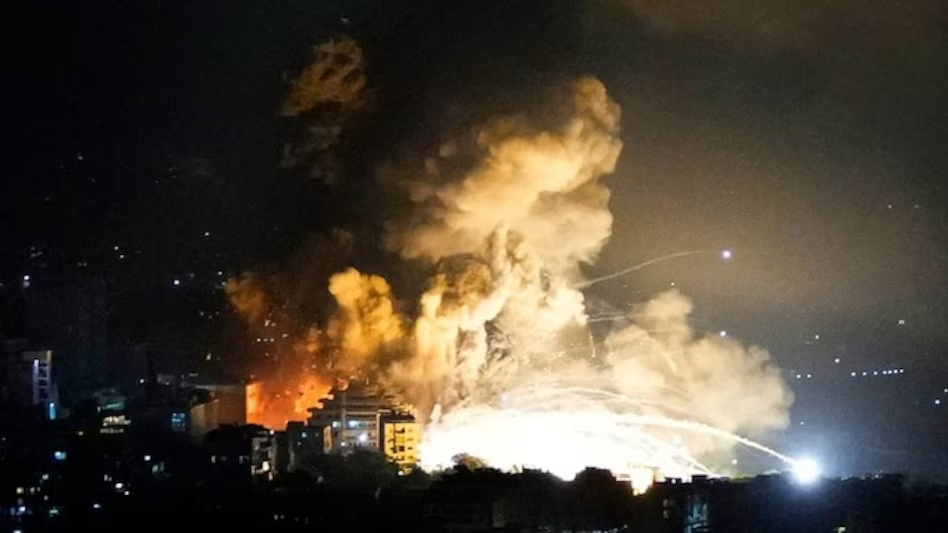Oil markets reacted sharply after the Israeli military reported that Iran had fired missiles at Israel. Air raid sirens sounded across the country, and residents were urged to stay near bomb shelters. The Israeli government had warned earlier of severe consequences if Iran escalated its involvement in the conflict.
The missile attacks followed a day of rocket fire from Lebanon and limited Israeli ground operations in southern Lebanon. The heightened tensions have raised concerns about broader Middle East instability, with potential implications for global energy supplies.
Crude oil prices surged on the news that Iran had fired missiles at Israel. West Texas Intermediate (WTI) jumped 5%, surpassing $71 per barrel after an earlier dip of 2.7%. Brent crude, the global benchmark, climbed above $75 a barrel. The involvement of Iran, an OPEC member and key player in the region, heightened fears of oil supply disruptions from an area that supplies nearly a third of the world’s crude.
Callie Cox, chief market strategist at Ritholtz Wealth Management, said “Middle East tensions clearly have markets on edge.” She pointed out that oil prices are up, bonds are up, gold is up, and stocks are down. She said this is a classic geopolitical reaction.
Despite recent escalations, oil flows from the region have not been significantly affected. However, analysts are wary of further disruptions, as the oil market is highly sensitive to geopolitical risks in this region. Any disruption could lead to higher energy prices.
The S&P 500 fell as much as 1.4% during the day as the ripple effects of the missile attacks extended to equity markets. Technology giants such as Apple, Nvidia, and Microsoft were among the biggest drags on the index. The Cboe Volatility Index, commonly referred to as the VIX, surged to its highest level in nearly a month.
Joseph Saluzzi, co-head of equity trading at Themis Trading, says that the increase in oil prices due to geopolitical tensions will cause investors to worry about a rise in inflation. He adds that a larger conflict could affect supply chains, which would also be bad for inflation.
Analysts are closely watching developments. Sarah Hunt, chief market strategist at Alpine Woods Capital Investors, noted, “People start to worry that the port strike coupled with Iranians saying they’re going to start dropping ballistic missiles on Israel could be negative for growth.”
The situation in the Middle East remains fluid, and market participants are waiting to see how it will unfold.
